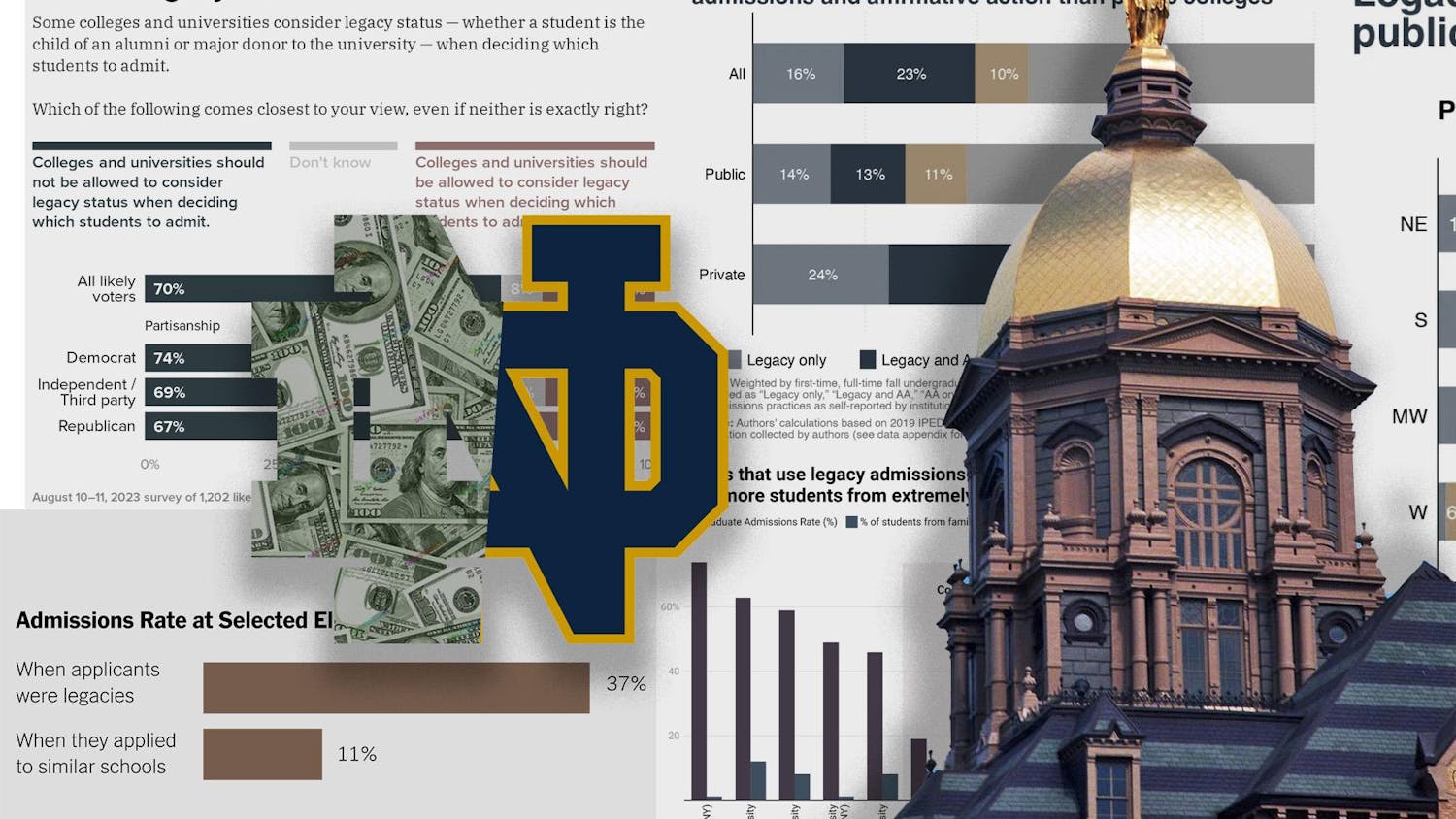
When it comes to climate change, Greta Thunberg doesn’t play.
The 16-year-old Swedish activist spent last week chastising lawmakers in Washington for their inaction before leading a global climate strike by millions of young people Friday — after sailing across the Atlantic in August on a zero-emissions yacht, deliberately foregoing air travel because of its large carbon footprint.
Greta started her relentless campaign to stop climate catastrophe about a year ago. A freshman in high school at the time, she would skip class Friday to camp out in front of the Swedish Parliament in Stockholm, holding signs and distributing fliers about global warming. Her dedication and tell-it-like-it-is attitude quickly made her a social media star. In December, she was a featured speaker at the 2018 UN Climate Change Conference in Poland. Greta followed that up with a visit to the World Economic Forum in Davos, Switzerland, the big annual meeting of corporate bigwigs and politicos who, unfortunately, run the world. In March, she inspired an earlier walkout by more than a million students around the world, setting the tone for Friday’s even larger climate strike.
The blunt speechmaking that has made her famous was particularly memorable at Davos. With her brown hair tied into two braids, Greta told the stunned crowd — including former Goldman Sachs President Gary Cohn, Salesforce CEO Marc Benioff and a litany of bankers and investors — that “some people, some companies, some decision-makers, in particular, know exactly what priceless values they have been sacrificing to continue making unimaginable amounts of money, and I think many of you here today belong to that group of people.” Mic drop, baby.
Now, normally, I would be wary of lionizing someone like Greta. She is, after all, a white girl from an economically developed European country. When it comes to talking about global warming, activists and thinkers from Latin America, Africa and Asia are often short shrifted in the Western media, despite the fact that people in these places are more often displaced and killed by the fossil fuel industry and other extractive businesses. They’re also hit hardest by natural disasters supercharged by climate change. In a symbolic sense, the inequities inherent in global warming are reproduced when people like Naomi Klein and Al Gore and Leonardo DeCaprio become the most visible faces of resistance.
But Greta is a badass. She brings a much-needed urgency to the table reflecting the fact that, when it comes to climate change, the cow poop has hit the fan, so to speak. She practices what she preaches: eating a vegan diet, traveling by land or sea rather than flying and basically dedicating herself to activism full-time. Indeed, she reminds us that there’s no time to mince words or issue proclamations of some great big fix to be achieved years from now. Amid news of the Amazon getting burned to the ground, the Bahamas getting wrecked by Hurricane Dorian and a spate of dimwitted environmental rollbacks by the Trump administration, Greta and activists like her are treating climate change as the clear-and-present existential threat it is. It’s also extremely gratifying to see her chew out the suits running our planet into the ground in the name of profit and ignorance. And her name easily lends itself to dramatic pronunciations (GRE-ta THUN-berg).
Seriously, though, humans are killing nature, and the signs are unavoidable. We’re at a point where the bird population in the U.S. and Canada has fallen by nearly a third in the last few decades because of habitat loss and pesticides, according to an article in the journal Science published last week. It’s a phenomenon that, as New York Times science reporter Carl Zimmer pointed out, eerily echoes Rachel Carson’s warning of a world in which human activity has killed off birds from her seminal 1962 book Silent Spring.
Yet, here we are, collectively destroying the planet with our car-driving, plane-flying, meat-eating, tree-chopping, plastic-using selves. That’s not to orient the blame towards individual consumers, a favorite trope of climate change deniers and wait-and-see politicians. While we should be mindful of our individual carbon footprints, the key is to push for the serious structural changes needed at the level of decision-making governments and corporations. That can take many forms, from lobbying our representatives to support the New Green Deal, to protesting outside boardroom meetings where those in power continue to privilege profits over the fate of the planet.
Last week’s flurry of events was designed to raise awareness ahead of this week’s UN Climate Action Summit, where government leaders are expected to build on their commitments in the 2015 Paris Agreement to fight global warming. Back then, the promise was to keep global warming “well below” two degrees Celsius compared with preindustrial levels and within 1.5 degrees if possible. Yet, even meeting the Paris pledges will lead to a 3 degree increase, and most countries are not on track to meet the commitments. So this time around, summit organizers will be asking for more: a pledge to immediately stop fossil fuel subsidies, a ban on new coal-fired plants after 2020 and a net-zero carbon economy by 2050.
But is it too little, too late? As the CEOs and politicians continue to fail us, let’s hope that the Gretas of the world can push us back from the brink. Otherwise, we’re screwed.
Oliver Ortega is a PhD student specializing in Latinx Literature and Politics. Originally from Queens, NY, he has called the Midwest home for almost a decade. Through boundless cynicism he keeps trying. Reach him at oortega1@nd.edu or @ByOliverOrtega on Twitter.
Oliver "Oli" Ortega is a Ph.D. candidate in English specializing in contemporary Mexican-American and Latino literatures. Originally from Queens, NY, he has called the Midwest home for 15 years. He lives in downtown South Bend. You can contact Oliver at oortega1@nd.edu.









